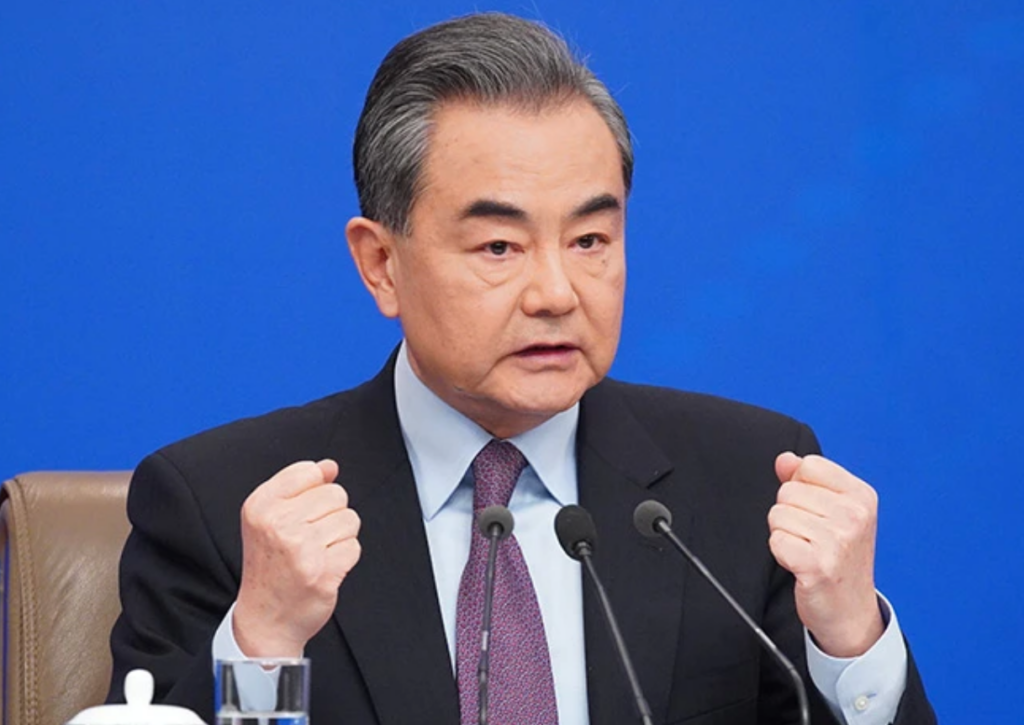China is ready to send peacekeepers to Ukraine under United Nations authorization – Welt

China has signaled its willingness to participate in peacekeeping troops for Ukraine, according to Welt am Sonntag’s exclusive report citing EU diplomats who referenced Chinese government circles.
The Beijing government would only deploy forces “if the peacekeepers were deployed on the basis of a United Nations (UN) mandate,” the diplomats emphasized.
The Chinese proposal has generated mixed reactions in Brussels. On one hand, involving countries from the Global South like China could increase acceptance for stationing foreign troops to monitor peace. However, concerns persist about Beijing’s true intentions.
“There is also the danger that China mainly wants to spy in Ukraine and in case of conflict would take a clearly pro-Russian position instead of a neutral one,” said a senior EU diplomat familiar with current deliberations.
The diplomatic landscape remains complicated by the fact that most EU countries show limited enthusiasm for equipping potential peacekeeping forces with UN mandates beforehand, though Italy has been actively advocating for this approach for months.
Russian Foreign Minister Sergei Lavrov had excluded any agreement on Wednesday without Russian and possibly Chinese participation in discussions about Western-sought security guarantees for Ukraine, including peacekeepers. “The West understands very well that serious discussion about security guarantees without the Russian Federation is utopia,” Lavrov said.
This contradicted US President Trump, who after a phone call with Russian leader Putin on 19 August said he did not believe European security guarantees would be a problem for the Kremlin chief.
Ukrainian President Volodymyr Zelenskyy rejected Lavrov’s demands for Chinese participation. “We need security guarantees only from those countries that are ready to help us,” he said.
Beijing has supported Moscow since the beginning of the Ukraine war through billion-dollar oil purchases and delivery of electronic components for precision weapons manufacturing. Both countries maintain what they describe as a “limitless” partnership.
Broad security framework beyond military support
Western security guarantees for Ukraine encompass a broad spectrum beyond military assistance in case of attack, similar to NATO’s Article 5 mutual defense clause. This emerges from the G-7 declaration of mid-July 2023 and the “Joint Security Commitments between the EU and Ukraine” from late July 2024.
Security guarantees include training Ukrainian forces, weapons deliveries, defense industry development assistance, intelligence information, sanctions, economic cooperation, and Ukraine’s gradual EU accession.
Peacekeeping monitoring through modern technology
Senior EU diplomats indicated that ceasefire monitoring could rely primarily on drones rather than traditional frontline deployment. The response to ceasefire violations would need definition in any mandate. One option mirrors the Organization for Security and Cooperation in Europe’s (OSCE) monitoring of the Minsk Agreements after the 2014 Crimea annexation, where violations were only registered and reported.
Alternatively, mandates could authorize soldiers to intervene during conflicts.
NATO awaits US troop withdrawal plans
Brussels NATO headquarters awaits American troop withdrawal plans from Europe with high tension. Originally expected in early September through Defense Department Undersecretary Elbridge A. Colby’s presentation, the timeline has shifted to post-Russian-Belarusian “Sapad” exercise in mid-September.
NATO circles expect Washington to withdraw “40,000 to 70,000 of the total up to 100,000 soldiers” from Europe. Some US units would subsequently be deployed for border security or maintaining public safety in cities within US territory.
The Alliance’s political guidance for NATO defense planning may require earlier adjustment than the originally planned 2027 timeline, potentially creating new tasks for the German military.